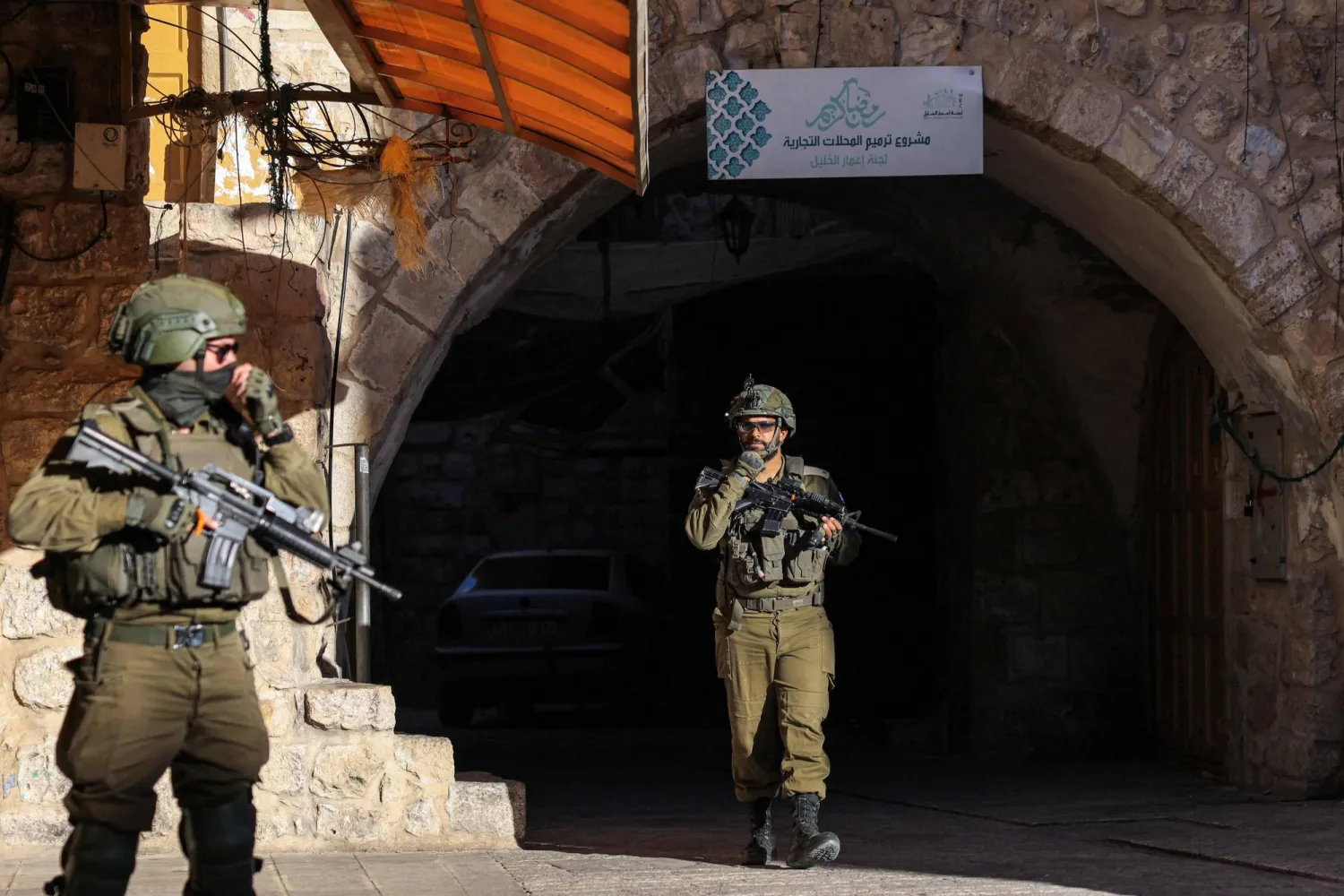A report published by The Wall Street Journal, and promoted by Israeli media on Sunday, has renewed focus on an Israeli plan dating back more than 60 years aimed at pushing for the creation of “emirates” or entities independent from the Palestinian Authority (PA).
The report focused on the Palestinian city of Hebron, and cited what it claimed were “21 tribal elders from Hebron,” who allegedly sent a letter in Hebrew to Israeli Prime Minister Benjamin Netanyahu, calling for negotiations with them to join the Abraham Accords and consequently abandon the “two-state solution,” which Palestinians rely on to establish their state.
However, a Palestinian security source, in remarks to Asharq Al-Awsat, said: “What is happening is yet another Israeli attempt to weaken the Palestinian Authority.”
“This is a failed plan,” he said: “No one here would dare take this step and say: I am the spy... I am the alternative to the Authority ... Those who tried that are known and represent no one.”
Reportedly, the elders included a detailed proposed timetable for talks to join the Abraham Accords and for “a fair and decent arrangement that would replace the Oslo Accords, which only brought damage, death, economic disaster and destruction.”
According to The Wall Street Journal, the initiative was helmed by Wadee al-Jaabari, who local city residents and its political leadership claim is unknown to them, and backed by "four other leading Hebron sheikhs.”
Palestinian city residents, including Jaabari's extended family members, condemned the proposal, saying that its authors do not represent them.
Israeli sources said that Economy Minister Nir Barkat stands behind the letter, which was allegedly sent to him. Barkat met at his home with al-Jaabari and the other sheikhs; he has held more than 12 meetings with them since February, The Wall Street Journal said. They asked him to forward the letter to Netanyahu and are now waiting for his response.
The sheikhs reportedly proposed that Israel grant work permits to 1,000 workers from Hebron on a trial basis, and then extend this to another 5,000.
According to Maariv newspaper, the Israeli government is “seeking to promote this plan to destroy the Palestinian Authority and the establishment of a Palestinian state.”









